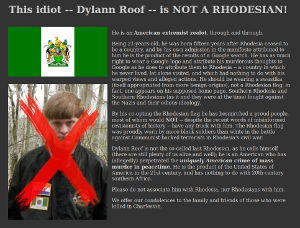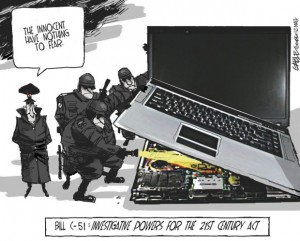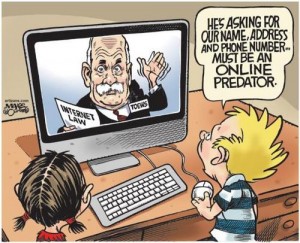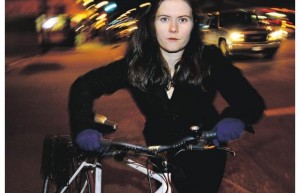
Fake RCMP cruiser used by mass shooter in Nova Scotia
It was a week ago that Canada’s worst mass shooting started in Portapique, Nova Scotia. One man spent over thirteen hours murdering people (many of them apparently unknown to him and just out and about their business) and burning down houses around the province. And yet, at no point did the Royal Canadian Mounted Police issue an alert to the residents of Nova Scotia.
It is unfathomable to me, and many others, that they did not do so. Speaking on behalf of the Nova Scotia RCMP, Chief Superintendent Chris Leather (the Criminal Operations Officer for the Nova Scotia RCMP) offered the excuse that “We were in the process of preparing an alert” when the police shot and killed the suspect, Gabriel Wortman. Thirteen hours after the rampage started, they were still “in the process of preparing an alert” that should have taken minutes to prepare! This despite the fact that the provincial agency responsible for sending those alerts had reached out to the RCMP and basically begged (my word) to send an alert. This too is unfathomable and inexcusable to me.
Late on the Saturday night the police started receiving emergency calls and came across multiple crime scenes with thirteen dead bodies, a shot and injured victim (who had information on his assailant, the shooter), and burning homes … and no suspect. I don’t envy anyone in that situation, civilian or police officer, but my god, you already know you have a crime of unimaginable magnitude in peacetime on your hands, and no fucking suspect in sight, in custody or anywhere to be found! The alert should have been sent out there and then, never mind hours later when they received credible evidence that the perp was driving a fake police car and dressed in a police uniform!
And really, there are just no polite words in my vocabulary to address the moronic use of Twitter as the only mode of communication with the public. I know this is the 21st century, but Twitter is at best a niche mode of communication — a large niche I will admit, but niche nevertheless. I and many others have no need for it, never mind needing it enough to have it on my phone; in fact, I don’t personally know anyone who uses it, especially for sending or posting messages. Despite working in the tech industry I only have a largely abandoned Twitter account for my business (which I only ever used to transmit, not receive), and as of this writing only about 11 percent of the Nova Scotian population follow the Nova Scotia RCMP’s Twitter account (the introduction to which features a dead link). At the time of this crime I think it was less than 9 percent. Even so, that 9 or 11 percent likely includes many who don’t live in Nova Scotia (especially now), and an even smaller percentage of the largely retired population in and around Portapique would be followers.
I fully agree with anyone who says that the emergency alert system should not be overused — except those morons in recent months who have complained about Amber Alerts. Nobody in their right mind thinks that the average cop on the beat should be able to access that system directly. But higher echelons — if not the highest echelon — of the Nova Scotia RCMP should have been roused out of their beds well before midnight, and made the decision to alert the public to an armed and dangerous mass murderer being on the loose in the province. There should be no need to “prepare” anything; there should be a template ready to go. Someone in the office — not at the scene — at the RCMP should have already, within minutes, had the text of the message prepared for immediate approval. I know very well that mass messages are sometimes easily misunderstood by the recipients if they’re unexpected, but that’s a small price to be paid to save lives and all the more reason to have a previously composed and vetted template ready to go.
What this boils down to is that if the alert had been issued within an hour of the above realisation — that numerous shooting deaths had occurred and that no suspect had been apprehended — quite possibly nine lives could have been saved, including that of Constable Heidi Stevenson. As it turns out, she is the only hero among the RCMP in this incident, apparently putting her life on the line in what I can only surmise was an intentional head-on collision with Wortman’s fake RCMP cruiser, and then losing it in an apparent gun battle with him.
Perhaps a public enquiry is needed as some have been calling for, and it can address the negligence involved in not sending an alert, but a public enquiry is not needed on that point alone. It simply requires someone in the RCMP with big enough balls, male or female, to step forward and admit that the RCMP fucked up big time, and apologise … and then resign, or be demoted and/or fired.
But is there enough decency in the RCMP to do that, in memory of the victims of the killer, and in deference to their surviving families?






